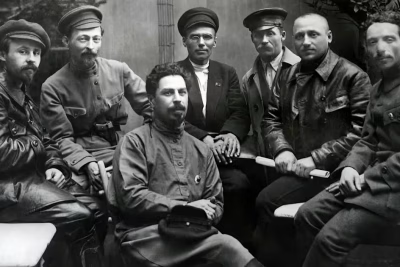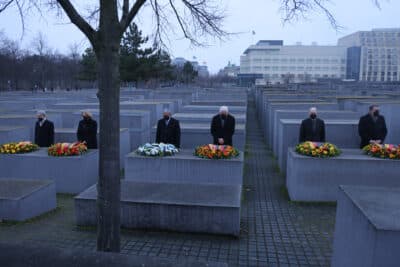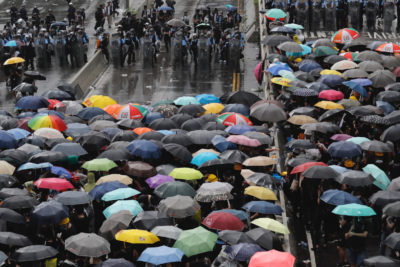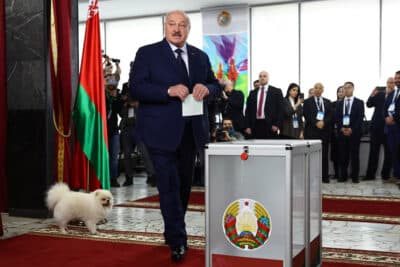
Belarus Human Rights Crisis 2025: The Silent Struggle Under Lukashenko’s Regime
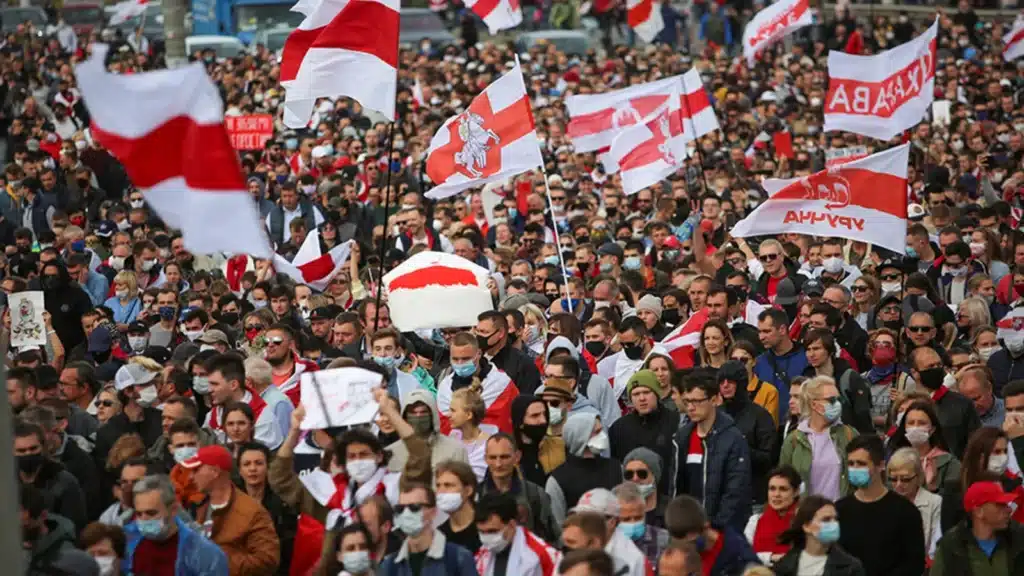
The Belarus human rights crisis 2025 in Belarus remains dire. Nearly five years after the protests of 2020, Alexander Lukashenko’s regime has entrenched itself through systematic repression, extensive surveillance, and the silencing of dissent. Independent organizations warn that Belarus is now one of Europe’s most repressive states, drawing parallels with the Soviet era.
🚨 Political Repression and Mass Arrests
Since the crackdown on mass demonstrations in 2020, thousands have been detained, and over 1,500 political prisoners remain behind bars in 2025, according to the Viasna Human Rights Center.
- High-profile cases: Journalists, activists, and opposition members face long prison sentences on fabricated charges of "extremism" or "treason."
- Disappearances: Reports persist of activists vanishing after arrests, their fates unknown.
Families of detainees describe inhumane conditions, overcrowded prisons, and denial of legal representation. This has become a tool of fear designed to deter any form of resistance.
🔒 Torture, Surveillance, and State Control
International watchdogs such as Human Rights Watch document torture, beatings, and psychological abuse in detention centers. Former inmates describe:
- Electric shocks and sleep deprivation.
- Forced confessions aired on state television.
- Solitary confinement for extended periods.
At the same time, the government has escalated digital surveillance:
- Widespread use of facial recognition cameras.
- Mandatory SIM card registration linked to state ID systems.
- Prosecution of citizens for private social media messages critical of the regime.
📰 Media Censorship and Freedom of Expression
Independent journalism in Belarus has been virtually eliminated:
- Outlets such as Tut.by and Nasha Niva have been shut down.
- Foreign media faces restricted access, while local journalists operate underground or from exile.
Social media is tightly controlled, with Telegram channels deemed "extremist." Even liking or sharing content critical of the government can lead to arrest. This information blackout prevents citizens from organizing and fuels regime propaganda.
🌍 International Response and Sanctions
The European Union, United States, and United Nations continue to denounce Belarus’s human rights abuses. Measures include:
- Expanded sanctions targeting state-owned companies and officials responsible for repression.
- Travel bans on senior figures within Lukashenko’s administration.
- UN reports calling for independent investigations into torture and political detentions.
However, enforcement challenges and Russia’s backing of Lukashenko have limited the impact of these measures.
🧭 Civil Society and the Fight for Rights
Despite these obstacles, civil society groups persist, many operating from exile:
- The Belarusian diaspora in Poland, Lithuania, and Germany organizes aid for political prisoners’ families.
- Underground networks provide digital security training to bypass state surveillance.
- Exiled media outlets keep information flowing into Belarus through encrypted platforms and VPNs.
These efforts ensure that, even under severe oppression, the demand for change endures.

🔮 Is Change Possible in Belarus?
Analysts argue that real change in Belarus will likely hinge on external factors:
- Russia’s political stability: As Moscow supports Lukashenko financially and militarily, shifts in Russia could weaken Minsk.
- Sustained Western pressure: Consistent sanctions, diplomatic isolation, and backing for civil society are vital.
- Internal dissent: While dangerous, small acts of resistance signal that opposition remains alive inside Belarus.
The Belarus human rights crisis in 2025 is not just a national issue but a test of how the global community responds to authoritarianism on Europe’s borders.
❓ FAQs: Belarus Human Rights Crisis 2025
Q1: How many political prisoners are in Belarus in 2025?
Over 1,500 political prisoners remain detained according to Viasna Human Rights Center.
Q2: What types of abuses are reported in Belarusian prisons?
Torture, beatings, forced confessions, and solitary confinement are documented by NGOs.
Q3: How does the government control media in Belarus?
Independent outlets have been shut down, and social media is heavily censored and monitored.
Q4: What is the role of international sanctions?
Sanctions aim to weaken the regime financially and target officials complicit in repression.
Q5: Is there hope for improving human rights in Belarus?
Change is possible if civil society persists and global pressure intensifies.



